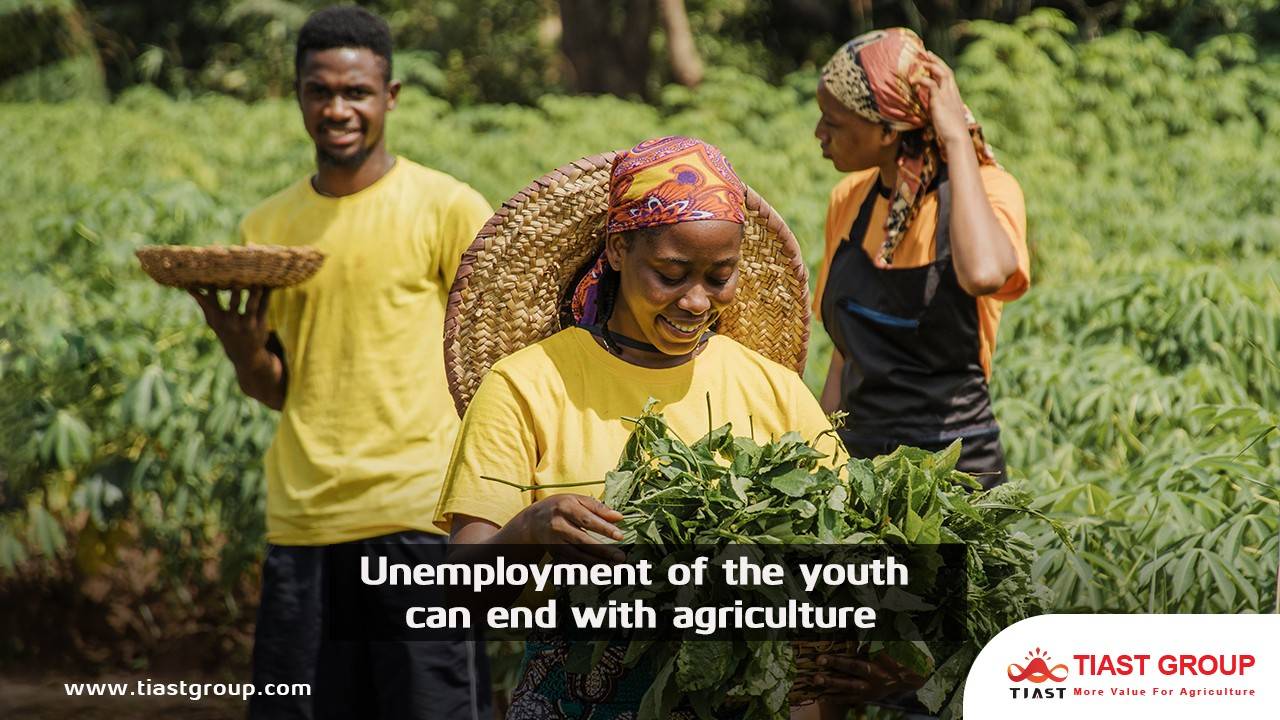Agriculture has always been the backbone of Ghana’s economy, providing employment, food security, and raw materials for industries. Yet, for too long, many young people have overlooked farming as a viable career, associating it with struggle and outdated methods. However, the narrative is changing. Today, agriculture presents a golden opportunity for Ghanaian youth to build sustainable businesses, create employment, and contribute to national development.
Why Should Youth Venture into Agriculture?
Agriculture is Profitable
Farming is no longer just about subsistence; it is a multi-billion-cedi industry. With access to modern farming techniques, agribusinesses can yield high returns. Poultry, vegetable farming, aquaculture, and cash crops offer immense opportunities for wealth creation.Government Support and Policies
The Ghanaian government, through initiatives like Planting for Food and Jobs and One District, One Factory, is actively supporting youth involvement in agriculture. Grants, subsidies, and loans are available for young farmers to scale their businesses. Taking advantage of these policies can significantly reduce startup costs and increase profitability.Employment Creation
Agriculture has the potential to solve Ghana’s unemployment crisis. By embracing modern farming practices and agribusiness, young entrepreneurs can create jobs not only for themselves but also for others.Technology and Innovation in Farming
With advancements in agritech, farming has become smarter and more efficient. Drones, irrigation systems, and precision farming techniques are improving productivity. Youth with a background in IT can integrate technology with agriculture to increase yield and reduce losses.Contributing to Food Security
Ghana, like many other African nations, faces challenges in food security. By investing in agriculture, young farmers can contribute to a steady food supply, reduce reliance on imports, and enhance national self-sufficiency.
How to Get Started in Agriculture
Identify a Profitable Niche
Agriculture is vast, and success comes from choosing the right niche. Options include:Crop farming (vegetables, maize, rice, etc.)
Poultry farming (chickens, turkeys, etc.)
Livestock rearing (goats, pigs, cattle)
Aquaculture (fish farming)
Agro-processing (turning raw produce into finished goods)
Acquire Knowledge and Training
Success in farming requires knowledge. Fortunately, organizations and institutions offer training in modern agricultural techniques. Platforms like YOUTH IN AGRICULTURE - PROUD FARMERS provide valuable insights and connections.Engaging with agricultural communities in Ghana can provide invaluable support, resources, and networking opportunities. Here are several groups and organizations you might consider joining:
1. WhatsApp Groups:
The Ghanaian Farmer WhatsApp Group: This group offers the latest updates on agriculture in Ghana's southern regions.
Agriculture WhatsApp Group: A vibrant community where agricultural enthusiasts, experts, and beginners share knowledge and experiences.
2. Facebook Groups:
- Youth in Agriculture: Connect with a passionate network of young farmers, agripreneurs, and sustainability advocates.
3. Organizations and Programs:
BRIDGE-in Agriculture Program: Aims to support over 400,000 youth in Ghana, focusing on women who will make up at least 70% of participants.
Initiative for Youth in Agricultural Transformation (I.Y.A.T.): Trains and equips the next generation of young leaders and entrepreneurs in Ghana's agriculture sector.
Youth Path Organisation (YPO): A youth-led NGO committed to promoting youth-led development through initiatives in regenerative agriculture, environmental sustainability, and more.
Savannah Young Farmers Network (SavaNet): Focuses on developing a vibrant youth in agriculture sector in Ghana for accelerated agricultural development.
4. Volunteer Opportunities:
- Agriculture Volunteer Program in Ghana - Accra Region: Gain experience in agriculture and animal husbandry while helping local farmers provide food and resources for disadvantaged children.
5. Events:
- Ghana Youth Agriculture Summit 2024: Gathered over 2,000 young minds and industry leaders to inspire discussions and fresh ideas to elevate Ghana's agriculture sector.
By joining these groups and organizations, you can expand your network, gain valuable insights, and actively contribute to the growth and sustainability of Ghana's agricultural sector.
Leverage Available Support Programs
Apply for government grants, seek mentorship, and collaborate with experienced farmers. Programs like the Youth in Agriculture Program (YIAP) offer financial and technical support to young farmers.Start Small and Scale Gradually
You don’t need to own a large farm to start. Many successful agripreneurs began on small plots or with a few animals. Focus on learning, making profits, and reinvesting to expand over time.Network and Market Your Products
Agriculture is not just about growing food; it’s also about business. Build relationships with buyers, restaurants, and supermarkets. Social media can also be a powerful tool to promote farm products and attract customers.
Overcoming Challenges in Agriculture
Despite the opportunities, agriculture comes with its challenges. Some common ones include:
Access to Land: Many young people struggle to acquire land. However, leasing land or engaging in community-based farming can be a solution.
Capital Constraints: Although funding is available, securing it can be competitive. A strong business plan and innovative approach can help attract investors and financial support.
Climate Change: Unpredictable weather patterns can affect yield. Implementing climate-smart agricultural practices, such as irrigation and greenhouse farming, can mitigate these risks.
The Future of Agriculture Belongs to the Youth
Agriculture is no longer a venture for the elderly or rural dwellers; it is a booming industry with limitless potential for young people. With passion, innovation, and the right strategies, the youth can transform Ghana’s agricultural sector into a thriving economic pillar.
As youths, let’s take the bold step to explore and harness the opportunities in agribusiness. The future of food security, economic growth, and national prosperity is in our hands!
Let’s cultivate success together! 🌱🚜ðŸ“




No comments yet
Be the first to share your thoughts!